Table of Contents
ToggleWhether ignorance is bliss or not depends on the circumstances.
I can look back at many instances where it was beneficial for me to not know, or even realize, everything that was going on in the world.
The world was a magical place when I was younger. I truly believed I could be anything I wanted to be, regardless of my physical and cognitive limitations that were predetermined by nature.
Nevertheless, this ignorance also has some important downsides such as being unable to change things and learn new things, among many other detriments.
Is blissful ignorance good or bad?
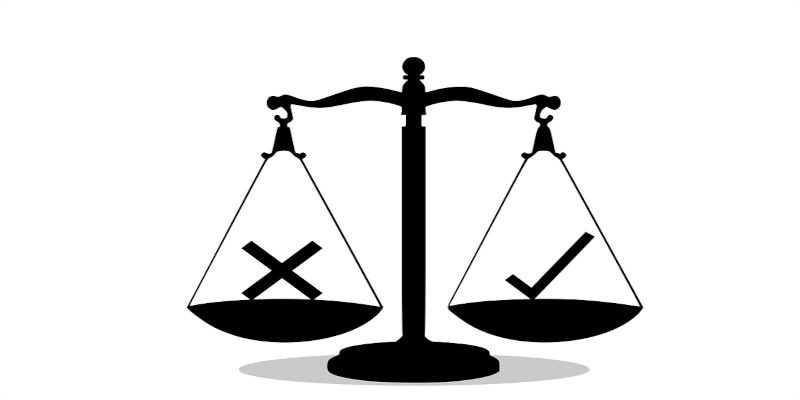
Nevertheless, I don’t think that ignorance is bliss in most instances since it’s more probably to cause issues than it solves. That’s because we can’t fix the problems we’re unaware of, nor can we find an efficient solution, since we don’t know what answer to look for.
Possible advantages of ignorance
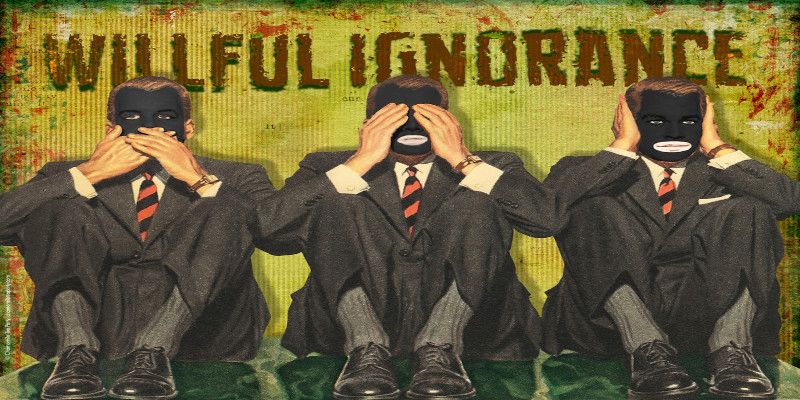
Ignorance can be bliss in disguise, but can also be detrimental and cause great harm depending on the conditions.
These are some potential advantages of ignorance:
Can reduce stress
Being ignorant can help reduce stress and tension because we’re simply not aware of all the suffering and negative events that are going on in the world.
And we can’t stress about the things we’re oblivious about, since we don’t know of their existence in the first place.
Can make us happier
Furthermore, being blissfully ignorant of all the troubles in the universe can make us happier since our minds are less preoccupied with these negative circumstances.
The question is this, do we need to know all these negative events that are happening all over the world when we’re not in a position to do anything about them? In some cases, yes, so that we can spread awareness, and potentially do something small about these concerns. But mostly, no, we do not want to know everything that’s currently happening since it’ll overload our senses.
Less preoccupied with things we can’t change anyway

We all know how it feels to lie awake at night, pondering over things we can’t change anyway. Of course, this is wasted energy, but sometimes we simply can’t help ourselves but wonder about these difficulties.
But you can’t lie awake or be preoccupied with something when you don’t even acknowledge that there’s an issue. Thus, it can be less mentally taxing if you’re ignorant about the bad things that are happening all around the world.
Can keep us sane
Knowing too much isn’t always advantageous. Some even consider intelligence a curse and burden since it can make us overly aware of all the issues all around us.
It’s hard to be happy and content when you’re constantly being confronted with events that are bad, unpleasant, or that could be improved.
That’s why blocking out many of those damaging things can aid in keeping us sane by not noticing these issues.
Makes you confident enough to try new things

Not realizing everything that can go wrong, or what can potentially, happen in the future, can make us confident and brave enough to undertake new challenges and to try out new things.
Rarely do we succeed the first time we try something we’re unfamiliar with. Never mind always making the right decisions from the very first time, because making your own choices means you’re inevitably going to make some poor ones.
Knowing too much can paralyze you with fear, and prevent you from trying out new stuff. And that’s precisely what we don’t want since our existence is ever-changing.
Not overcomplicating things
Analysis paralysis is a real thing. It’s being paralyzed by fear of not making the right decision due to having too many options to choose from.
But not noticing all the harmful stuff that’s going on in life can make it easier to not overcomplicate things.
The more you know, the more you tend to ponder and try to understand the true depth of those topics. That’s why not fully realizing things can be helpful at times to keep things simple and prevent sensory overload.
Possible disadvantages of ignorance
Unable to change things
It’s hard to alter things when we’re unaware of what’s going wrong, where the issue lies, and when it’s all going haywire.
That’s why we can’t change our ways when we’re ignorant, which means we’re unavoidably stuck with certain situations. A big part of what makes life worthwhile is walking the path of improvement and trying to live our best lives by becoming a better, more skilled individual.
Bettering ourselves makes us feel fulfilled and content. It’s the journey that matters most. And not necessarily, or solely, the end destination.
Unable to learn new things
You can’t learn new things when you’re not conscious of what you don’t know, and what you need to see to gain a new understanding.
What we need to know most often lies in the unknown. In the areas that we likely view as scary and anxiety-provoking.
Hard to make the right decisions
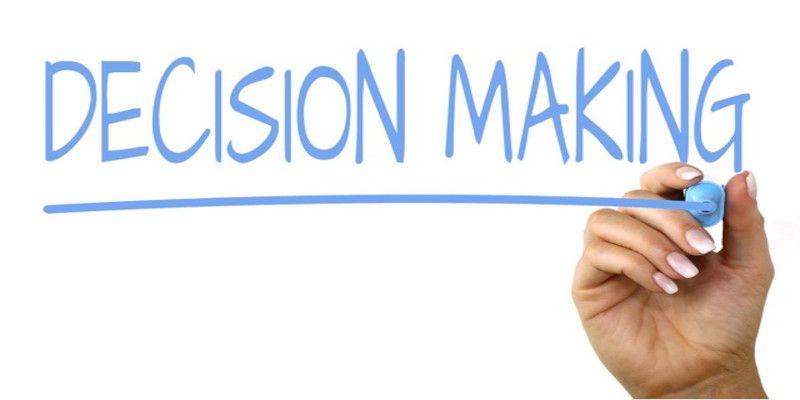
It’s extremely difficult to make the right decision when you need to make a choice based upon limited, or even worse, the wrong data due to being misinformed.
That’s not to say that you can’t make a good choice while being ignorant, but it’s certainly less likely. Still, even a broken clock is right twice a day.
Not understanding why things aren’t working out
Being ignorant, either intentionally, or unintentionally, can make you unable to work out why things aren’t panning out the way we want them to.
This can prolong your suffering for much longer than would be needed if you’d known and realized what you needed to change to alter things for the better.
It can be incredibly annoying when we’re doing something, or trying to achieve a goal, only to falter, not knowing what, or where it all went wrong. That’s why being uninformed or misinformed can lead to disastrous results.
Can make you overconfident
While being self-assured is good, overconfidence is a slow and insidious killer since pride comes before the fall. It’ll lead to making mistakes or taking the wrong decision eventually.
Thinking you already understand everything there’s to know about a subject means you can’t learn anything new either, since your mind is already closed off with such a mentality.
Fewer relationships

People who notice you’re uninformed, misinformed, or simply prideful, are probably not that eager to be in your vicinity.
We typically want to be around positive and realistic folks who genuinely want the best for us. It’s also difficult to hold a truthful and enlightening conversation with someone who’s willfully ignorant, or blissfully ignorant.
Missing beautiful moments
We can’t catch the essential and beautiful moments that shape our perspective and lives when we’re not cognizant of when they’re occurring.
All our experiences shape the way we feel, think, and behave. Could you imagine how different you would think and act when you were aware of all the things you’re currently oblivious about?
It would probably make you an entirely different person. For better, or for worse.
This prevents us from becoming our best self
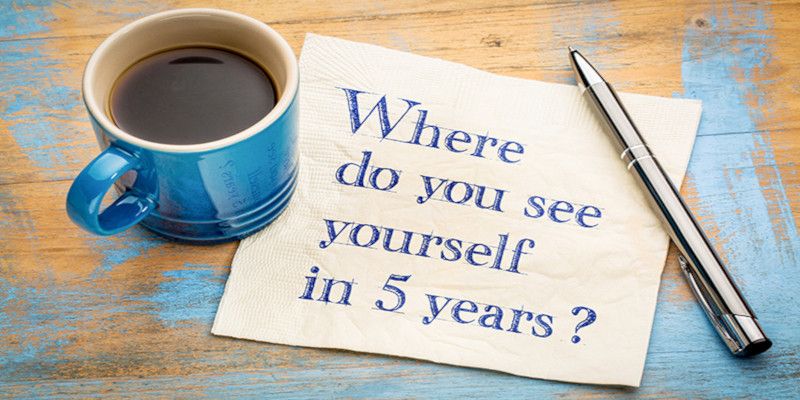
You need the full truth and a great understanding of the available knowledge to become the best possible version of yourself.
What we need to know most is not what we already understand, but rather what lies in the unknown. And it’s that dark place where we often don’t want to wander because it’s unknown and scary to us.
You need to be courageous enough to search out anxiety-provoking experiences that might give you a newfound view that’ll help you for the rest of your future life.
Frequently Asked Questions (FAQ)
What does, “ignorance is bliss” mean?
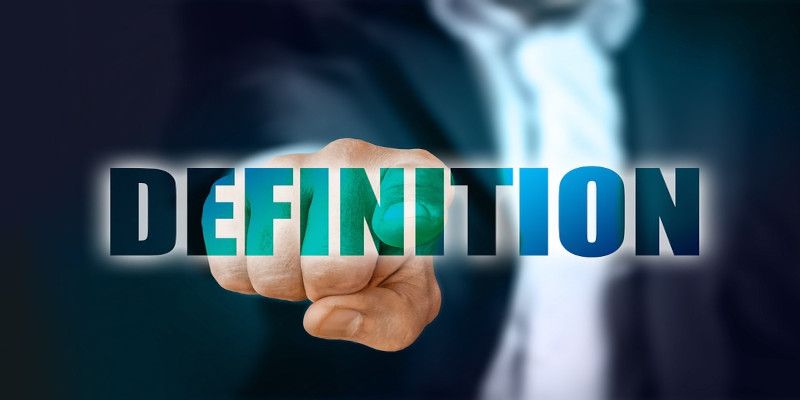
Examples of how ignorance is bliss in some situations

An example of ignorance is bliss in action is being an empathic individual, yet completely unaware of just how many people are suffering and dying all over the world due to starvation.
Simultaneously, that same person is sitting at home all the while being overweight due to eating too much since we have access to all the food in the world.
And while most of us know that there’s poverty in the world, very few know, or truly realize, how many folks out there are hurting and living a harsh existence due to poverty and unfortunate circumstances.
If ignorance is bliss, then why seek knowledge?
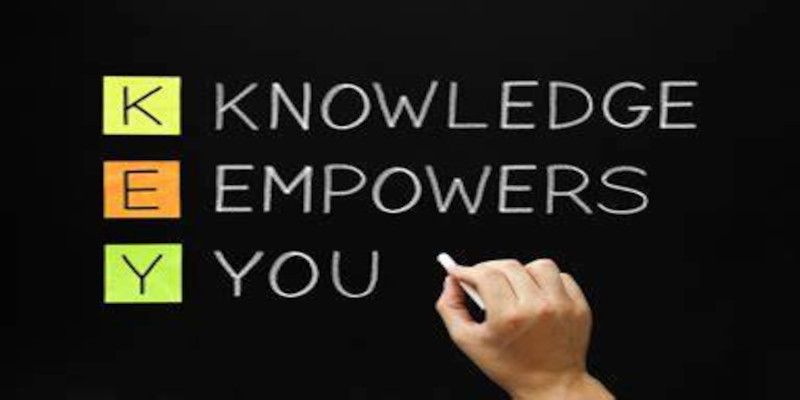
We seek knowledge since ignorance is not always bliss. It can be but is regularly detrimental to our wellbeing. I would say that ignorance is more a curse in disguise than a bliss.
Knowledge, and the truth for that matter, typically hurt at first but set us free in the end. We can’t operate based on fantasy and subjective feelings, no matter how desirable these might seem at times. This will always lead to tragedy in the end.
Seeking knowledge means we’re walking the path of self-improvement. And we’re typically most content when we’re actively trying to better our lives.
We’re also more likely to be happy when we know how to alter our existence. And that’s only possible if we know what went wrong, and what we need to do to achieve better outcomes.
What does, “ignorance is not bliss” stand for?
Ignorance is not bliss means that being unaware of unpleasant facts and negative events is detrimental to our wellbeing, and that of others as well.
That’s because we’re unconscious of things we should know to change things for the better by making the right decisions. That’s not possible if we’re incognizant of what’s going on around us.
Who said ignorance is bliss?

He was an English poet in the 18th century but was also a letter writer, a professor, and a classical scholar. He lived from 26 December 1716 to 30 July 1771. Thomas Gray was born in Cornhill, London, England.
Why is ignorance, not bliss?
What is the opposite of ignorance bliss?
The opposite of ignorance is knowledge. That means that If ignorance is bliss, then knowledge is power.
This existence requires strength and an understanding of its workings to survive, which means that ignorance is a weakness instead of a blessing.
Another possible opposite is the quote, “better to be hurt by the truth than comforted with a lie”. This indicates that it’s better to know to alter your situation, instead of not recognizing and remaining stuck without the possibility for change or growth.
Conclusion
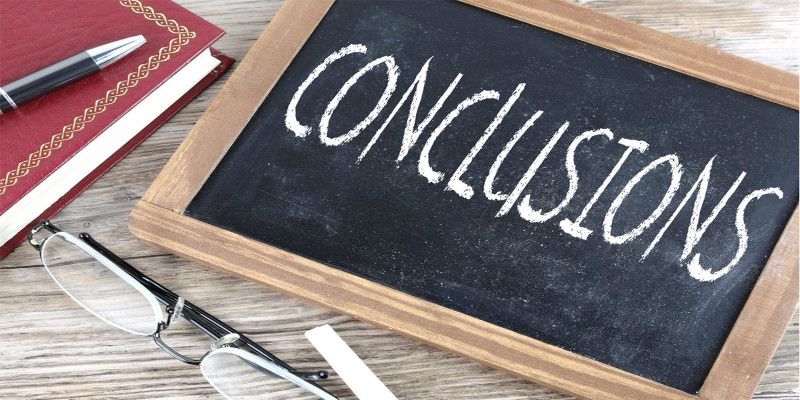
Ignorance is blissful at certain times, but should mostly be seen as something damaging to our personal growth.
We should attempt to become as aware as possible by eliminating willful blindness and blissful ignorance as soon as possible.
In the end, we can only make the best decisions when we have access to all the available information rather than ignoring large, valuable pieces of the puzzle.

